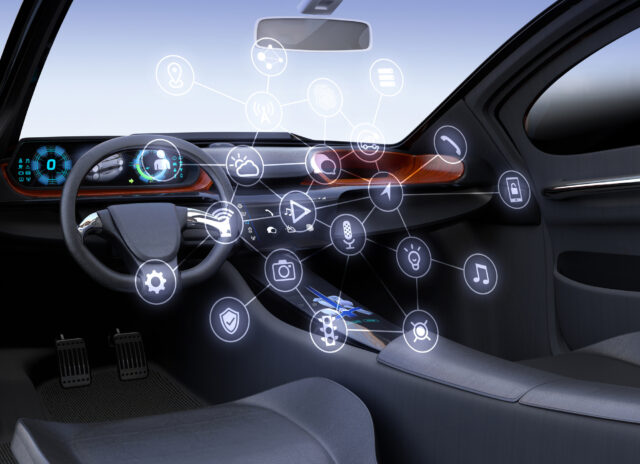AI in-car assistant market set to more than double by 2031

The global AI in-car assistant market is set to take off massively in the coming years according to Valuates Reports, which forecasts an increase from $6.9 billion in 2024 to $15.8 billion by 2031. The company says this represents a compound annual growth rate (CAGR) of 12.8 percent, reflecting the increasing role of voice-driven and connected systems in vehicles.
AI in-car assistants are becoming integral to modern automotive design, combining voice recognition, infotainment, navigation, and predictive maintenance, in addition to providing drivers with hands-free control.
SEE ALSO: You can turn your car into an Atari gaming arcade and play Asteroids and Breakout
Voice control is the main driver of adoption, according to Valuates Reports. Thanks to advances in natural language processing, drivers can now interact with their vehicles using spoken commands to adjust climate settings, manage calls, play media, and get directions.
Some carmakers have developed their own proprietary AI assistants, while others have chosen to adopt existing platforms such as Alexa Auto, and Google Assistant.
By combining convenience, safety, and personalization, the assistants turn vehicles into connected digital environments.
Onboard diagnostics provide real-time monitoring of vehicle health. Systems can track performance data, issue timely alerts, and even recommend services before a breakdown occurs.
Predictive diagnostics can help drivers reduce costs, improve safety, and extend the life of their vehicles. These features are especially welcome in commercial fleets where vehicle downtime can be a serious, not to mention costly, problem.
Fatigue detection and automated reminders help address regulatory requirements and reduce accident risks, especially in sectors like logistics and public transport.
Safety regulations also play a role in market expansion. Many countries now enforce hands-free laws, making voice-driven systems a practical requirement.
For everyday consumers, AI in-car assistants offer entertainment and convenience. Voice commands allow seamless interaction with streaming services, messaging and phone calls.
Assistants can learn driver habits, remember preferred routes, temperature settings, and even coffee stops.
Advanced driver-assistance features allow AI assistants to deliver safety alerts, such as lane departure warnings, via voice prompts. In commercial fleets, they also help monitor compliance and reduce paperwork.
AI in-car assistant growth
North America currently leads the AI in-car assistant market, thanks to high incomes, mature automotive infrastructure, and strong regulatory backing.
Europe follows closely, due to luxury brands and multilingual demand, while Asia-Pacific is emerging as the fastest-growing region thanks to rapid innovation in China and strong uptake in Japan, South Korea, and India.
What do you think about the growing role of AI in-car assistants? Let us know in the comments.
Photo credit: chesky_w/ Shutterstock
